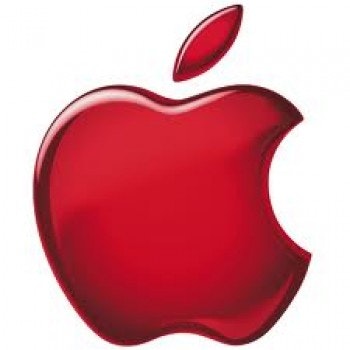Surely by now you’ve heard that Apple Inc. (NASDAQ:AAPL) is having a grand old time in China. The Mac maker is now up to $26.6 billion in trailing-12-month sales in the “Greater China” region, a 31-fold increase from all of fiscal 2009. That’s incredible success over the span of just four years, but there’s another notable absence here.
No other domestic tech giant has ever been able to put up that kind of growth in the Middle Kingdom. Why is Apple Inc. (NASDAQ:AAPL) the only one that can succeed in China?
Microsoft Corporation (NASDAQ:MSFT): Piracy
Chinese consumers have a very low propensity to pay for intellectual property, including software. That’s evidenced by incredibly high piracy rates for software; bootleg copies of content are readily available everywhere. There’s even rampant piracy in the enterprise. That has made the it incredibly difficult for Microsoft Corporation (NASDAQ:MSFT) to penetrate the country, since it’s a software company.
A Business Software Alliance report from May 2012 pegged software piracy rates in China at a whopping 77%. For example, an illegal copy of Microsoft Office can be had for just $2, significantly less than a legitimate version that costs $64. As high as that 77% figure is, that’s actually an improvement.
When former Chinese president Hu Jintao visited the U.S. in January 2011, Steve Ballmer grilled him on intellectual property issues in China while saying that 90% of Microsoft users in China use pirated versions. Selling software in China is a tough proposition considering how Chinese consumers feel about actually paying for it.
Microsoft’s Surface tablet is a different story, though, as a device with integrated hardware and software. The software giant began selling Surface tablets in China in October. However, Surface isn’t yet a meaningful business relative to Microsoft’s core software offerings. China also has a ban on video game consoles, so there’s no hope for its Xbox 360.
For now, there’s no way for Microsoft to see monster growth in China.
Google Inc (NASDAQ:GOOG): Censorship
As one of the biggest proponents of an open Internet, Google Inc (NASDAQ:GOOG) was always bound to butt heads with the Chinese government over censorship issues. The search giant famously pulled out of China in early 2010 over censorship, redirecting users to its Hong Kong site where it was free to display uncensored results. That was an opportunity for Baidu.com, Inc. (ADR) (NASDAQ:BIDU) to continue growing its share as the “Google of China.”
China is a hard market to ignore, though, with a swelling population of netizens. Two years later, Google said it was pushing back into the Middle Kingdom. The company then added a warning when results may be censored, which was just recently removed last month since it was proving more trouble than it’s worth.
Even though Android is the dominant mobile platform, grabbing over 90% market share in China, that ubiquity is not doing Google any favors. Since Android is open-source, OEMs are free to grab the source code and modify it as they please, and what pleases them is removing all of Google’s ad-supported apps and services in favor of more popular local alternatives like Baidu. That’s why Baidu is the default search engine on 80% of Chinese Android phones.
Android benefits Baidu more than it helps Google.






